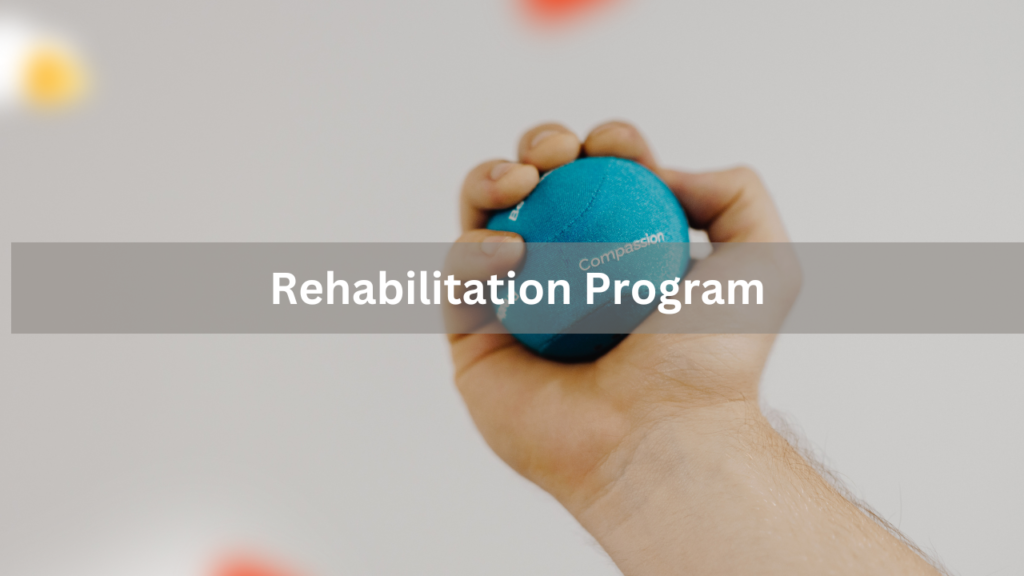Choosing the Right Rehabilitation Program: A Guide to Finding the Best Fit for Your Needs

Choosing the right rehabilitation program is a critical step in the recovery process, whether you’re dealing with substance abuse, physical injuries, or mental health challenges. The right program can significantly impact your recovery journey, providing the support, structure, and resources you need to heal and regain control of your life. This guide will help you navigate the process of selecting the best rehabilitation program to meet your specific needs.
Assessing Your Needs
The first step in choosing the right rehabilitation program is understanding your unique needs. This involves a thorough self-assessment or consultation with healthcare professionals to determine the nature and extent of your condition. Consider whether you need inpatient or outpatient care. Inpatient programs provide intensive, round-the-clock care and are suitable for severe cases, while outpatient programs offer more flexibility and allow you to maintain your daily responsibilities.
Researching Programs
Once you have a clear understanding of your needs, begin researching different rehabilitation programs. Look for facilities that specialize in treating your specific condition. For substance abuse, some programs focus on certain types of addiction, such as alcohol or opioids. For physical rehabilitation, some centers specialize in sports injuries, while others may focus on neurological conditions. Reading reviews and testimonials from former patients can also provide insight into the effectiveness and quality of care at various facilities.
Considering the Treatment Approach
Different rehabilitation programs employ various treatment approaches, so it’s essential to find one that aligns with your preferences and needs. Some programs may use traditional methods, such as cognitive-behavioral therapy (CBT), while others might incorporate holistic approaches, including yoga, meditation, and nutritional therapy. It’s important to choose a program that not only addresses the physical aspects of recovery but also provides emotional and psychological support.
Evaluating the Staff and Facilities
The qualifications and experience of the staff are crucial factors in the success of a rehabilitation program. Ensure that the program has licensed and certified professionals, including doctors, therapists, and counselors, who are experienced in treating your specific condition. Additionally, visit the facilities, if possible, to assess the environment. A clean, safe, and supportive setting can greatly enhance your recovery experience.
Insurance and Cost
Rehabilitation programs can be costly, so it’s important to consider your financial situation and insurance coverage. Contact your insurance provider to understand what types of programs and treatments are covered under your plan. Some facilities offer financial assistance or sliding scale fees based on your income. Don’t let cost be the sole deciding factor, but ensure that the program you choose is financially feasible.
Aftercare and Support
Recovery doesn’t end when the rehabilitation program does. A comprehensive aftercare plan is essential for maintaining your progress and preventing relapse. Inquire about the aftercare services offered by the program, such as ongoing counseling, support groups, and follow-up appointments. A program that provides robust aftercare support can significantly improve your chances of long-term recovery.
Making the Decision
Choosing the right rehabilitation program requires careful consideration and research. Take your time to gather information, consult with healthcare professionals, and visit potential facilities. It’s important to choose a program where you feel comfortable and confident in the care provided. Remember, the goal is to find a program that will best support your journey to recovery, offering the resources and support you need to achieve lasting health and well-being.
In conclusion, the right rehabilitation program can be a transformative step in your recovery journey. By assessing your needs, researching programs, evaluating staff and facilities, considering cost and insurance, and ensuring robust aftercare support, you can find the best fit for your needs and